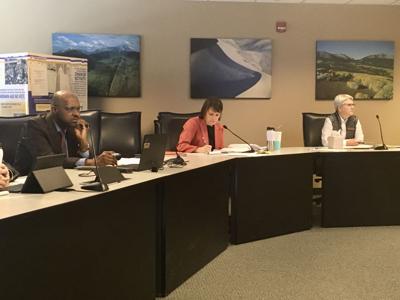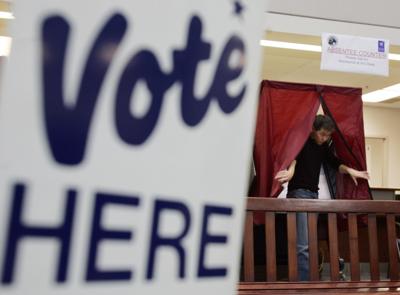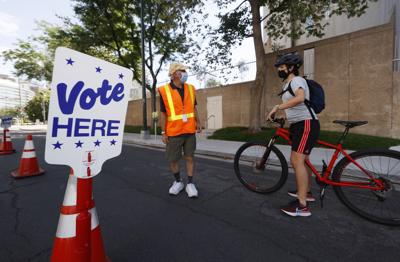FILED
United States Court of Appeals
PUBLISH Tenth Circuit
October 14, 2020
UNITED STATES COURT OF APPEALS
Christopher M. Wolpert
Clerk of Court
FOR THE TENTH CIRCUIT
_________________________________
ANDY KERR, Colorado State
Representative; NORMA V. ANDERSON;
JANE M. BARNES, member Jefferson
County Board of Education; ELAINE GANTZ BERMAN, member State Board of Education; ALEXANDER E. BRACKEN; WILLIAM K. BREGAR, member Pueblo District 70 Board of
Education; BOB BRIGGS, Westminster No. 17-1192
City Councilman; BRUCE W. (D.C. No. 1:11-CV-01350-RM-NYW)
BRODERIUS, member Weld County (D. Colo.)
District 6 Board of Education; TRUDY B.
BROWN; JOHN C. BUECHNER, Ph.D.,
Lafayette City Councilman; STEPHEN A.
BURKHOLDER; RICHARD L. BYYNY,
M.D.; LOIS COURT, Colorado State
Representative; THERESA L. CRATER;
ROBIN CROSSAN, member Steamboat
Springs RE-2 Board of Education;
RICHARD E. FERDINANDSEN;
STEPHANIE GARCIA, member Pueblo
City Board of Education; KRISTI
HARGROVE; DICKEY LEE
HULLINGHORST, Colorado State
Representative; NANCY JACKSON,
Arapahoe County Commissioner; CLAIRE
LEVY, Colorado State Representative;
MARGARET MARKERT, Aurora City
Councilwoman, AKA Molly Markert; MEGAN J. MASTEN; MICHAEL MERRIFIELD; MARCELLA L.
MORRISON, AKA Marcy L. Morrison;
JOHN P. MORSE, Colorado State Senator;
PAT NOONAN; BEN PEARLMAN,
Boulder County Commissioner;
Continue reading





